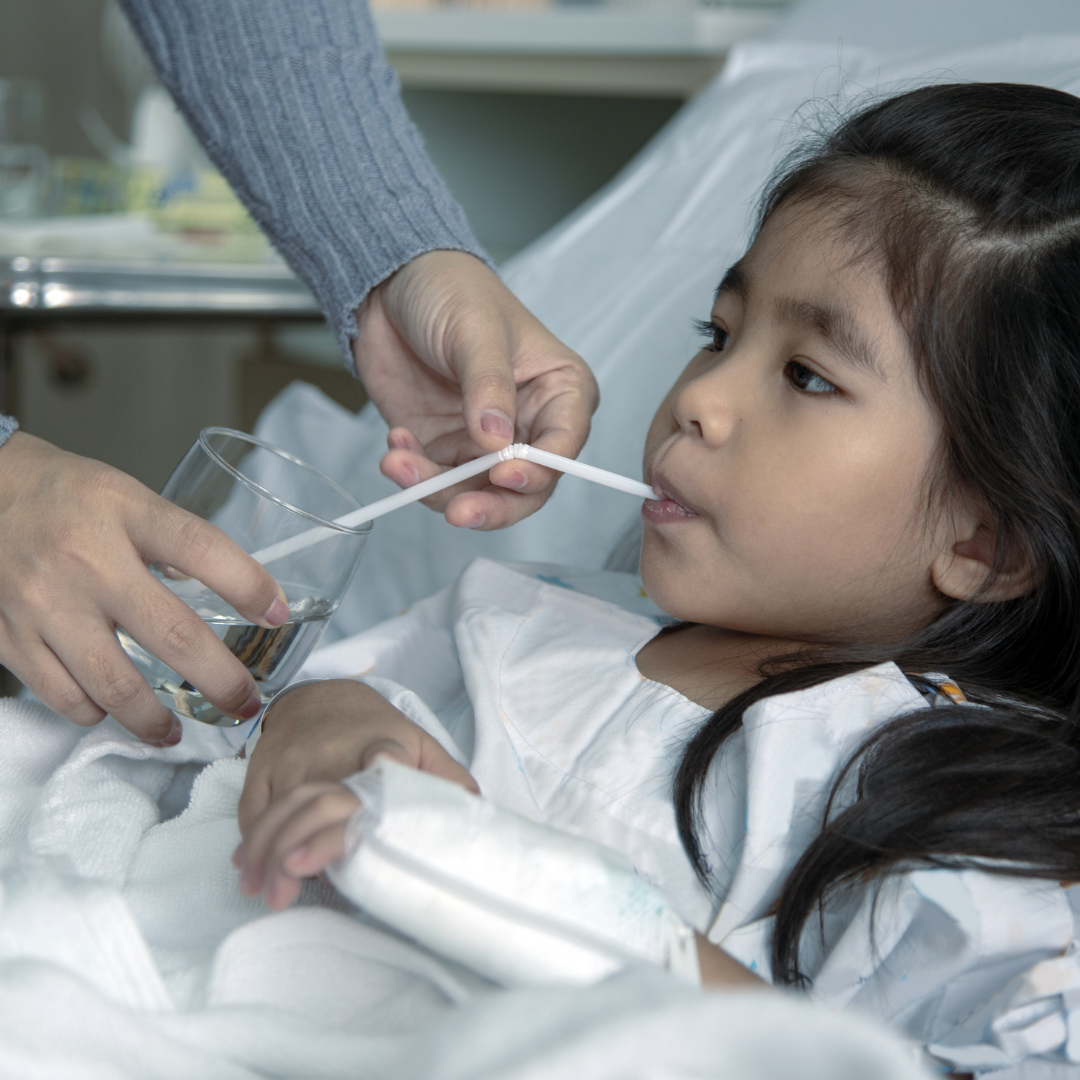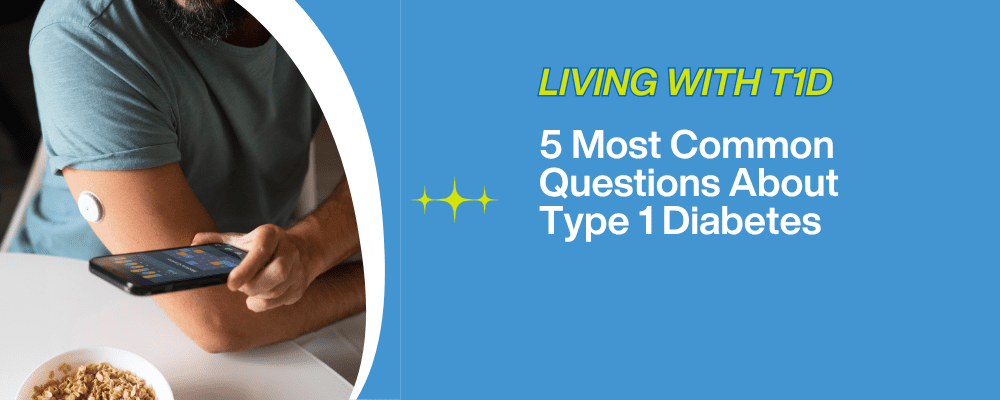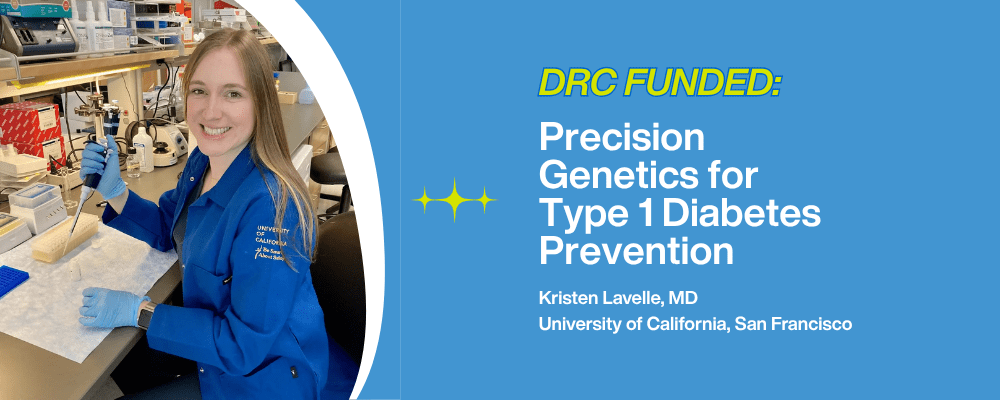As the old saying goes, “Knowledge is power.” Many children in the United States and Canada present with diabetic ketoacidosis (DKA) when they are first diagnosed with type 1 diabetes (T1D). However, a recent study found that increased parental awareness about a child’s risk for developing T1D may lead to earlier detection of the disease before DKA occurs. Educating parents about what symptoms to look for, especially if T1D runs in their family, is essential.
Data was analyzed from the Trial to Reduce Insulin Dependent Diabetes Mellitus in the Genetically at Risk (TRIGR) Study because these parents already knew their child was at greater risk. When looking at incidences of DKA, they were lower than that of the general population. In the United States, around 40% of children diagnosed with T1D also have DKA, and this rate is about 19% in Canada. But in the TRIGR study, the overall rate was just 4.6%, or eight out of 173 patients.
One point to note is that cases of DKA at the time of T1D diagnosis were not evenly divided among participants from the different countries. The United States still showed higher levels than Canada at 12.5% and 2.2%, respectively. More research is needed to understand why these differences exist and whether the fact that some countries such as Canada have universal healthcare plays a role. In addition, “each participant with T1D in the TRIGR study had a first-degree relative with T1D, which was not the case in earlier studies.” This may have played a role in their understanding of the signs to be aware of.
More in-depth studies are needed to evaluate further the impact of parental awareness on earlier detection of T1D and reduced risk of DKA. The Diabetes Research Connection (DRC) is interested in seeing what additional research reveals and how it could play a part in T1D diagnosis and education. The DRC is committed to supporting early-career scientists in pursuing novel research around all aspects of T1D. To learn more, visit http://localhost/drc.
Please DONATE NOW so DRC can keep bringing you credible, peer-reviewed T1D news and research.
Thank you.




